Image Courtesy: Lin Chien-ting
Our research network aims to focus on the constitutive presence of medical modernity in Asia through a variety of perspectives, both historical and contemporary. Our inter-disciplinary projects are informed by anthropology, psychology, psychoanalysis, history, literary studies and food studies. They include projects on (a) ‘secret doctors’ who are non-normative medical subjects and how the effort to regulate them is formative of the Taiwanese state; (b) the ambiguous status of wet nurses who are in-between a mother-figure and a milk provider and how to understand their social-spatial mobilisation by the Chinese state in the late Qing dynasty and the early 20th century Republic; (c) faith-healing in South Asia, situated between belief (religion) and skepticism (science), and its intervention in health-seeking behaviours of the modern Subject; (d) the question of trauma, intimacy and Cold War political subjects in Taiwan; (e) food, healing and subjecthood in Indian and Chinese culinary practice; (f) historical perspectives on radical ‘care’ activism that created an internationalist People’s Drug Program in the United States using Chinese acupuncture; (g) clinical psychoanalysis attuned to Asian contexts.
Network members:

LIN CHIEN-TING
National Central University
Lin Chien-ting teaches literary and cultural studies in the Department of English at National Central University, Taiwan. His research interests include medical modernity and biopolitics; studies of empires, militarism and neocolonialism; transpacific (post) cold war studies; inter-Asia cultural studies; critical race, gender and sexuality studies. He has published his research in Inter-Asia Cultural Studies, Verge: Studies in Global Asias, American Quarterly, Review of International American Studies, and Taiwan: A Radical Quarterly in Social Studies. He is currently working on his single-authored manuscript tentatively entitled Fugitive Subjects of “Secret Doctors”: Politics of Life and Labor in Taiwan’s Medical Modernity, in which he investigates transpacific (neo)colonial formations of knowledge, care/labour and life politics within different periods of Taiwan’s medical modernisation.
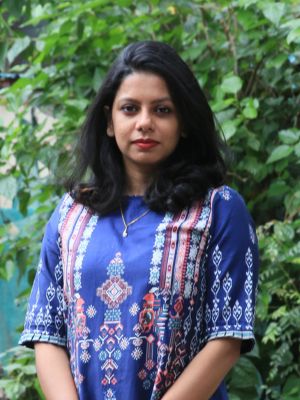
SABAH SIDDIQUI
KREA University
Sabah Siddiqui works on faith healing and the clinic. She is also interested in the psychology and sociology of religion. Her book Religion and Psychoanalysis in India (2016) brings these interests together, and is an exploration of methods to study modern subjectivities under the shadow of the nation-state. She had co-edited Islamic Psychoanalysis and Psychoanalytic Islam (2018) with Ian Parker. Sabah teaches psychology at Krea University, Sricity, India.
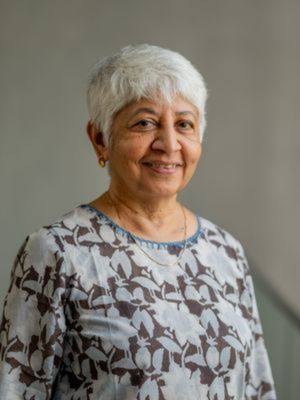
TEJASWINI NIRANJANA
Ahmedabad University
Tejaswini Niranjana is Director, Centre for Inter-Asian Research, and Dean, Online Programmes. She is the author of Siting Translation: History, Post-structuralism and the Colonial Context (University of California Press, 1992), Mobilizing India: Women, Music and Migration between India and Trinidad (Duke UP, 2006), and Musicophilia in Mumbai: Performing Subjects and the Metropolitan Unconscious (Duke UP, 2020). She works with Edible Archives on the Re-orienting Taste project, which looks at food and healing in Indian and Chinese medical systems.

ANUMITRA GHOSH DASTIDAR
Edible Archives
Anumitra Ghos Dastidar is a professional chef and co-founder of Edible Archives, a sustainable restaurant based in Goa that showcases the diversity and possibilities of India's indigenous food culture. While working with various cuisines, including Japanese, Thai and regional Indian, she came up with the unique concept of an ingredient-driven restaurant, where she could experiment with ingredients of indigenous origin and their many flavours. She holds a PhD in Cognitive Linguistics from the University of Delhi, and aims to combine her research experience with sustainable food practices.
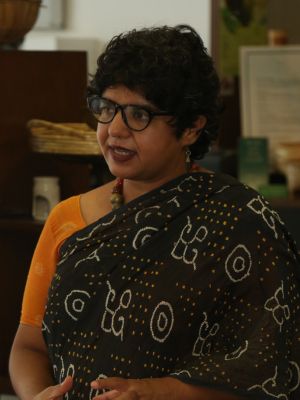
SHALINI KRISHAN
Edible Archives
Shalini Krishan is the co-founder of Edible Archives. She has been an editor in independent Indian publishing houses for 12 years. Her detailed work on books about health, nutrition, queer and feminist politics and the environment led to her interest in questions of inclusive sustainability, the circular nature of food systems and biodiversity. She heads the research Edible Archives carries out on indigenous ingredients and the food cultures surrounding them.
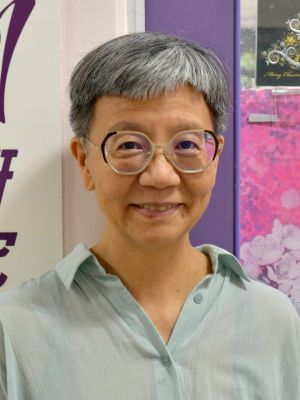
NAIFEI DING
National Central University
Naifei Ding teaches in the English Department, National Central University, Taiwan and is a member of the Center for the Study of Sexualities at NCU. She has published Obscene Things: Sexual Politics in Jin Ping Mei (Duke, 2002). She has co-written, with Liu Jen-peng and Amie E. Parry, Penumbra Query Shadow: Queer Reading Tactics (2007). More recently, Chang Hsing-wen, Wong Wing-kwong, Liu Jen-peng and Ding Naifei have co-edited Penumbra Query Shadow II: Thing in Between (2022). She is working on a book titled Feminist Knots: Conflict and Solidarity.
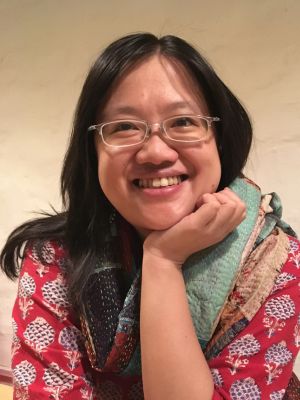
HSING-WEN CHANG
Ambedkar University
Hsing-Wen Chang is a Cultural Studies scholar and a practitioner of psychoanalysis with a Lacanian orientation. She acquired her first PhD in Cultural Studies from the Centre for the Study of Culture and Society (CSCS), Bangalore. She is doing her second PhD in Psychology at Ambedkar University, Delhi. Her research interests are psychoanalysis, political subjectivity, social movement, feminism and critical theory. She has published several papers on trauma, subjectivity and translation in Chinese, French and English.
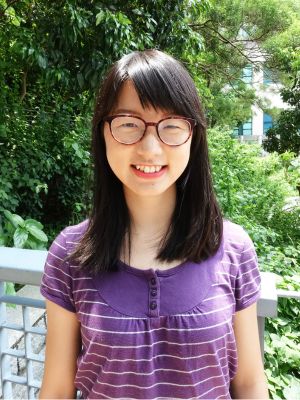
CHOR SEE CHAN
Ahmedabad University
Chan Chor See is a PhD student in Interdisciplinary Humanities and Social Sciences at Ahmedabad University, India. She completed her Master of Philosophy in Cultural Studies at Lingnan University, Hong Kong.

TRAN THU THU HUONG
National Tsing Hua University
Tran Thi Thu Huong is a PhD student in the Department of Chinese Literature at National Tsinghua University, Taiwan. Tran is interested in gender discourses, and sex governance during the period of Late Qing China and early 20th century colonized Vietnam.